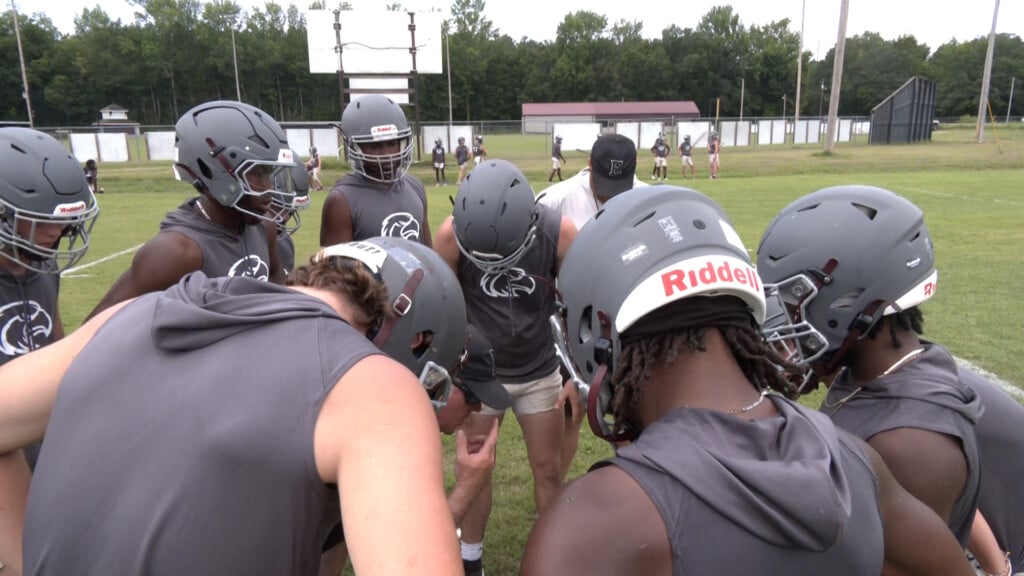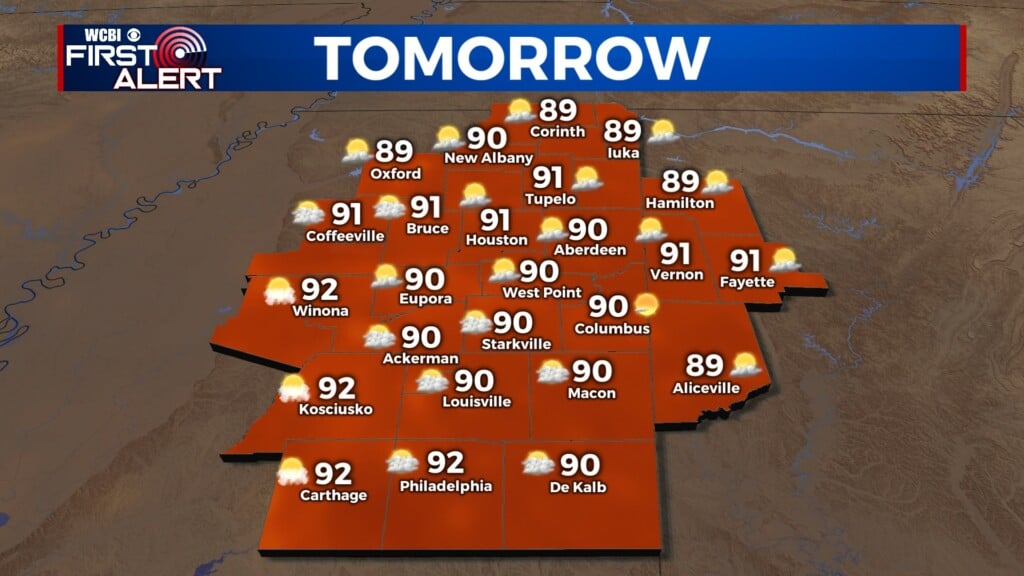Video: MSU Bioenergy Field Tour
[syndicaster id=’5364151′]
LOWNDES COUNTY, Miss. (WCBI) — In southern Lowndes County, just a mile from the Alabama line, an agriculture drone hovers over a 70-acre research area where hybrid poplar trees are growing. They are in the special category of crops used to produce energy.
“Faster growth, higher return on your investment, profitability is higher,” Randy Rousseau with Mississippi State University said.
“It adds a lot to our project. It allows us to really begin to get accurate numbers on the economics associated with production,” Tim Rialus with University Of Tennessee said.
And efficiency and cost effectiveness are what biofuels and other alternatives are all about. Using a mobile gasification unit, wood chips and certain grasses are converted to specific gases.
“And they break down into a gas, we call it a synthesis gas that’s carbon monoxide and hydrogen. And then we can take that gas, in this case and introduce it into an engine that drives an electrical power with that gas,” Steve Taylor with Auburn University said.
The financial side has been the roadblock to widespread production of alternatives. KIOR and its efforts to stay out of bankruptcy is a good example. It’s brought new technology to the market, but couldn’t perfect it to make gas and diesel economically. But researchers say it’s a big step.
“KIOR has taken the process through their system paralysis type system and actually moved it to a generation that we haven’t seen it before. So we are way ahead of the game there,” said Rousseau.
And so as these advanced hardwood products are used to produce gasoline, jet fuel, diesel fuel and electricity on a small scale, we are not so dependent on traditional sources of energy.
Bio fuels production methods during a series of field days is hosted by MSU and sponsored by the Southern Partnership for Integrated Biomass Supply Systems.





Leave a Reply